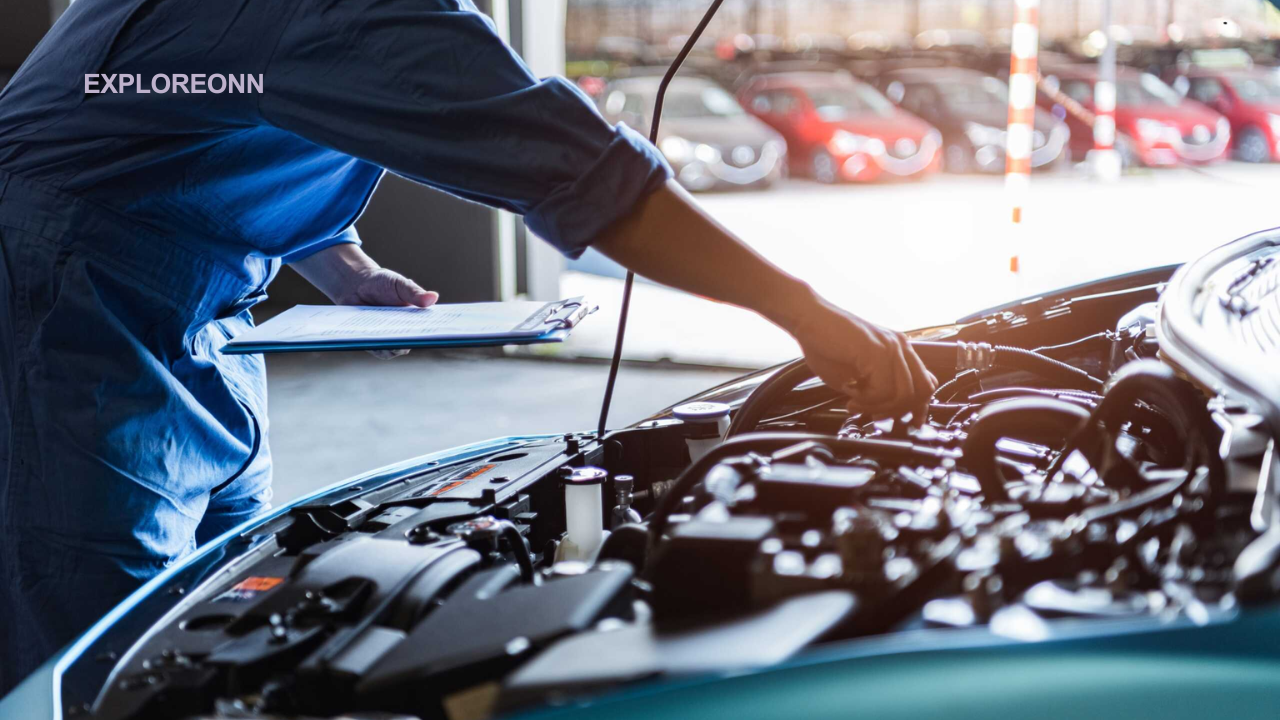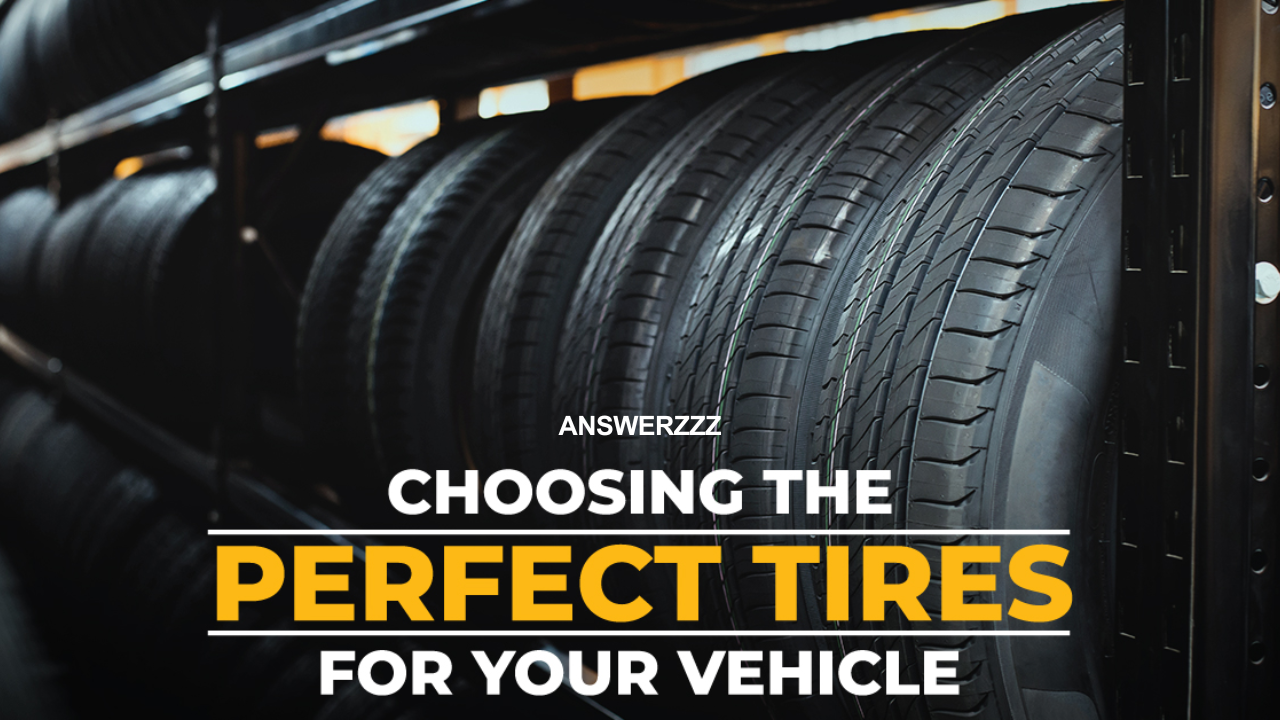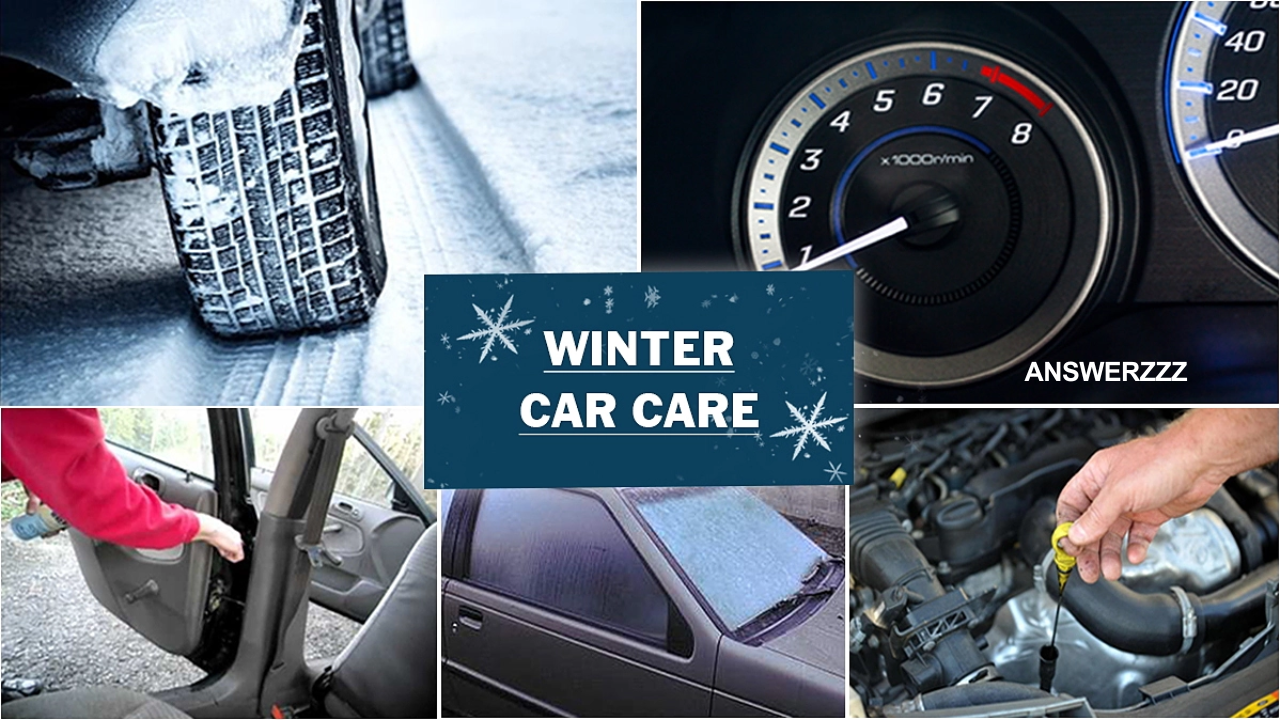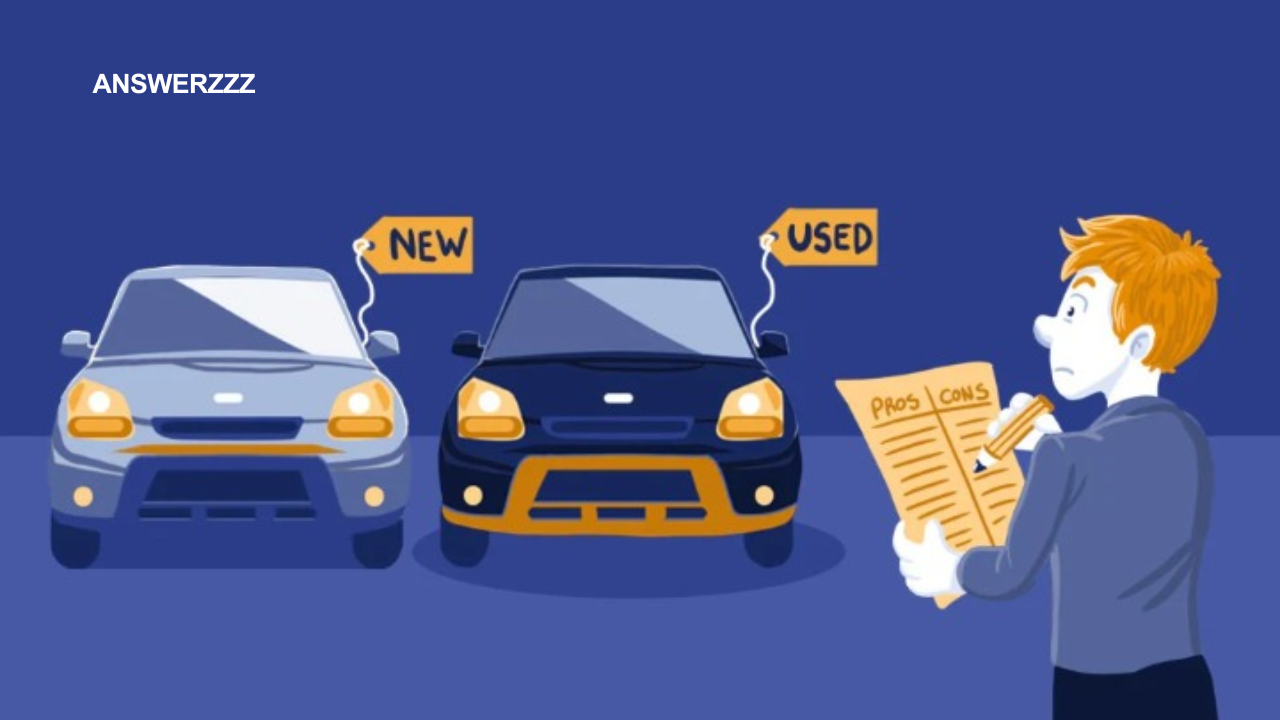Your vehicle’s engine is its heart and soul, providing the power to move you from one place to another. Maintaining your engine properly not only ensures optimal performance but also extends its lifespan, saving you significant money on repairs and replacements. While every engine will eventually wear out, following proper maintenance practices can help you add years to its life. This comprehensive guide will take you through essential tips and strategies to keep your engine running smoothly for as long as possible.
1. Understand the Importance of Regular Maintenance
Every vehicle owner knows that regular maintenance is crucial, yet many people neglect it until problems arise. Maintenance involves several practices, including changing oil, inspecting belts, and cleaning air filters, all of which keep the engine in excellent condition. Skipping regular check-ups can lead to minor issues escalating into expensive repairs.
Key Maintenance Tasks
- Oil Changes: Change your engine oil and oil filter as recommended by the manufacturer. Fresh oil ensures proper lubrication, reducing wear and tear on engine components.
- Fluid Levels: Check and maintain coolant, brake fluid, and transmission fluid levels. Insufficient fluids can lead to overheating or friction within the engine.
- Inspection of Belts and Hoses: Inspect the timing and serpentine belts and replace them when they show signs of wear.
- Regular Tune-Ups: A professional tune-up every 30,000 to 50,000 miles can detect and fix minor problems early.

2. Choose the Right Engine Oil
Using the correct type of engine oil is critical for your engine’s performance and longevity. Not all engine oils are the same, and choosing one that meets your vehicle’s specifications can make a significant difference.
Factors to Consider When Choosing Engine Oil
- Viscosity: Use the oil viscosity recommended in your vehicle’s owner manual (e.g., 5W-30 or 10W-40). Using the wrong viscosity can lead to poor lubrication and increased engine wear.
- Synthetic vs. Conventional Oil: Synthetic oil offers better performance under extreme temperatures and lasts longer than conventional oil. Consider using it for high-performance or modern engines.
- Additives: Engine oils often come with additives that improve cleaning and lubrication. Look for oils with detergents and anti-wear agents for added protection.
3. Monitor Engine Temperature
Engine overheating is one of the most common causes of engine failure. Monitoring your engine’s temperature and addressing overheating issues promptly can save you from costly repairs.
Tips to Prevent Overheating
- Maintain the Cooling System: Check the radiator and cooling system for leaks or damage. Replace coolant regularly to prevent rust and scale buildup.
- Inspect the Thermostat: A malfunctioning thermostat can cause overheating by preventing coolant flow. Replace it if necessary.
- Watch the Temperature Gauge: Always pay attention to the temperature gauge on your dashboard. If the needle moves to the red zone, pull over immediately and address the issue.
4. Change the Air Filter Regularly
Your engine needs a clean air supply to function efficiently. A clogged air filter restricts airflow, forcing the engine to work harder and potentially causing damage.
How to Maintain Your Air Filter
- Inspection: Check the air filter every 12,000 to 15,000 miles or as recommended by the manufacturer.
- Replacement: Replace the filter if it appears dirty or clogged. In dusty environments, consider changing it more frequently.
5. Keep Your Fuel System Clean
Over time, deposits can build up in your fuel injectors, reducing engine performance and efficiency. Regularly maintaining your fuel system ensures proper fuel delivery and combustion.
How to Clean Your Fuel System
- Use Fuel Additives: Add fuel system cleaners to your gas tank periodically to remove deposits from injectors and valves.
- Inspect the Fuel Filter: Replace the fuel filter every 30,000 to 40,000 miles to ensure unimpeded fuel flow.
6. Drive Responsibly
Your driving habits play a significant role in determining your engine’s lifespan. Aggressive driving and overloading can put unnecessary stress on the engine, leading to premature wear.
Driving Tips for Engine Longevity
- Avoid Hard Acceleration: Gradually accelerate to prevent sudden stress on engine components.
- Don’t Overload the Vehicle: Excess weight forces the engine to work harder, increasing wear and tear.
- Warm Up the Engine: Allow your engine to warm up for a minute or two before driving in cold weather. This ensures proper lubrication and reduces friction.
- Avoid Short Trips: Short trips don’t allow the engine to reach its optimal operating temperature, leading to incomplete combustion and residue buildup.

7. Address Engine Issues Promptly
Ignoring unusual sounds, smells, or dashboard warning lights can lead to severe engine problems. Addressing minor issues early can save you from expensive repairs.
Common Warning Signs
- Check Engine Light: Never ignore this warning light. Use an OBD-II scanner to identify the problem or consult a professional mechanic.
- Unusual Noises: Tapping, knocking, or grinding sounds often indicate engine trouble. Get these checked immediately.
- Oil Leaks: Puddles of oil under your car may signal a leak that could lead to insufficient lubrication.
- Reduced Performance: If your vehicle feels sluggish or is using more fuel than usual, have it inspected.
8. Protect Against Engine Contaminants
Dirt, debris, and water can wreak havoc on your engine if they find their way inside. Keeping your engine clean and protected can prevent these issues.
Tips to Keep Your Engine Clean
- Replace Engine Seals: Inspect and replace worn seals to prevent contaminants from entering the engine.
- Use Quality Gasoline: Low-quality fuel can contain impurities that damage the engine. Stick to reputable gas stations and high-octane fuel if recommended.
- Avoid Driving Through Flooded Areas: Water entering the engine can cause a catastrophic condition called hydro-lock.
9. Keep the Battery in Good Condition
While the battery is not directly part of the engine, it plays a vital role in its operation. A weak or failing battery can put additional strain on the alternator, which may affect engine performance.
Battery Maintenance Tips
- Inspect Battery Terminals: Ensure the terminals are clean and free of corrosion.
- Test the Battery Regularly: Have your battery tested every six months, especially in extreme weather conditions.
- Secure Connections: Loose connections can lead to voltage drops and starting issues.
10. Avoid Excessive Idling
Excessive idling wastes fuel and puts unnecessary wear on your engine. Modern engines are designed to minimize wear during start-up, so turning off the engine when parked for extended periods is more efficient.
When to Avoid Idling
- Long Waits: Turn off the engine if you’re waiting for more than a minute.
- During Warm-Up: In most cases, idling for more than 30 seconds to warm up the engine is unnecessary, as driving gently warms it faster.
11. Follow Manufacturer Recommendations
Your vehicle’s manufacturer provides specific guidelines for maintaining your engine. These recommendations are tailored to your vehicle’s make and model, ensuring optimal performance.
Where to Find These Recommendations
- Owner’s Manual: Read your vehicle’s owner manual thoroughly for maintenance schedules and specifications.
- Service Records: Keep track of all maintenance and repairs to ensure you follow the recommended intervals.
- Authorized Service Centers: Whenever possible, use authorized service centers familiar with your vehicle’s requirements.

12. Maintain Proper Tire Pressure
While this may not seem directly related to the engine, maintaining proper tire pressure reduces the strain on your engine. Underinflated tires create additional rolling resistance, forcing the engine to work harder and consume more fuel.
How to Check Tire Pressure
- Use a Tire Pressure Gauge: Check tire pressure at least once a month and before long trips.
- Follow Recommended Pressure: Inflate tires to the pressure specified in your owner’s manual or on the tire placard.
13. Avoid Overheating in Hot Weather
Engines are particularly vulnerable during extreme heat. Taking precautions in hot weather can prevent overheating and subsequent damage.
Hot Weather Tips
- Check Coolant Levels: Ensure the cooling system is functioning correctly before summer.
- Park in the Shade: Keeping your car shaded reduces engine stress when starting.
- Turn Off the A/C When Climbing Hills: The air conditioner adds strain to the engine. Turn it off when driving uphill or towing heavy loads.
14. Keep Exhaust System in Good Shape
The exhaust system removes harmful gases from your engine. A clogged or damaged exhaust system can lead to poor engine performance and increased emissions.
How to Maintain the Exhaust System
- Inspect for Leaks: Check for cracks or holes in the exhaust pipes and muffler.
- Clean the Catalytic Converter: Use a catalytic converter cleaner periodically to prevent clogging.
- Replace Oxygen Sensors: Faulty sensors can lead to incorrect air-fuel mixtures, causing engine damage.
15. Upgrade When Necessary
Despite your best efforts, some engine components will eventually wear out and need replacement. Upgrading to high-quality parts can improve performance and durability.
Parts to Consider Upgrading
- Spark Plugs: High-performance spark plugs improve ignition efficiency and combustion.
- Engine Mounts: Replacing worn engine mounts reduces vibrations and extends engine life.
- Performance Filters: Upgrading to high-performance air and oil filters ensures better filtration and protection.
Extending the life of your vehicle’s engine requires a combination of regular maintenance, responsible driving, and attention to detail. By following the tips outlined in this guide, you can ensure that your engine runs smoothly for years to come. Not only will this save you money, but it will also contribute to a more enjoyable and stress-free driving experience.
Remember, consistency is key. Regularly inspect your engine, follow manufacturer guidelines, and address issues promptly. With proper care and attention, you can keep your vehicle’s engine in top condition and maximize its lifespan.



